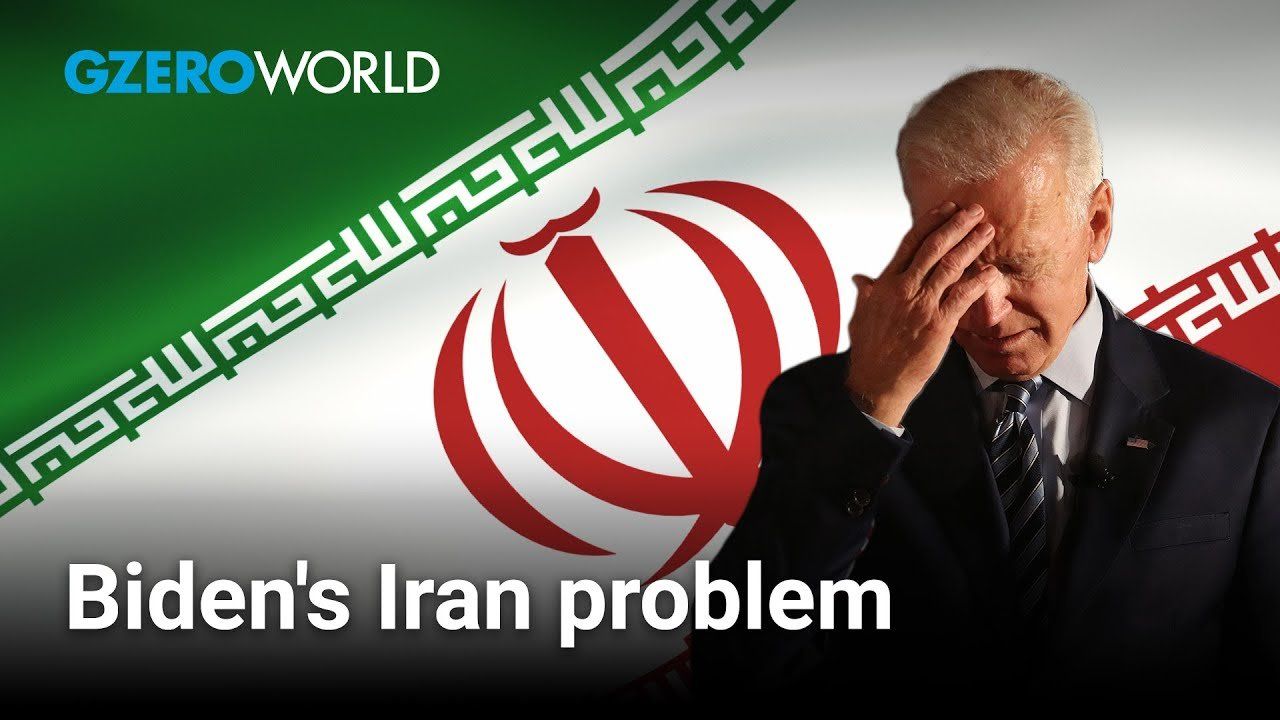
Joe Biden may be one of the most experienced foreign policy presidents in recent history, but even he might admit that, at the moment, his administration is lacking a coherent Iran strategy. According to Iran expert at the Carnegie Endowment for Peace, Karim Sadjadpour, the White House's primary aim before October 7th had been to revive the Iran nuclear deal, but that hasn't materialized. Instead, the situation has become more escalatory, which is undesirable for both the US and Iran. Sadjadpour acknowledges that Iran may choose to advance its nuclear program and increase attacks on U.S. forces and Israel if they believe the Biden administration is averse to conflict. And it helps the American popular support for another Mideast war is near zero.
"The challenge that the Biden administration faces is that, on the one hand, they want to avert conflict with Iran, but if you want to deter Iran, you have to make clear to them there's gonna be a cost for that kind of behavior," Sadjadpour told Ian Bremmer on the latest episode of GZERO World.